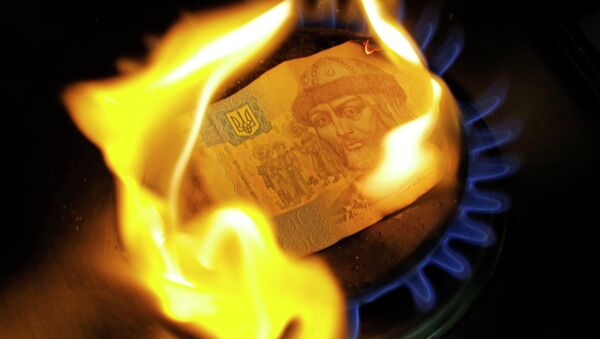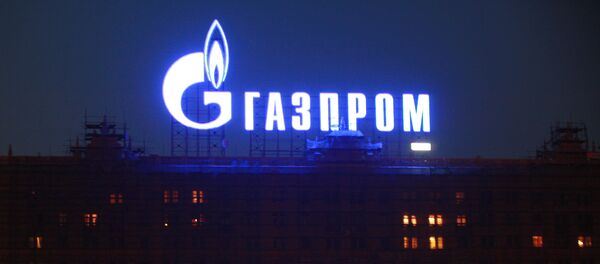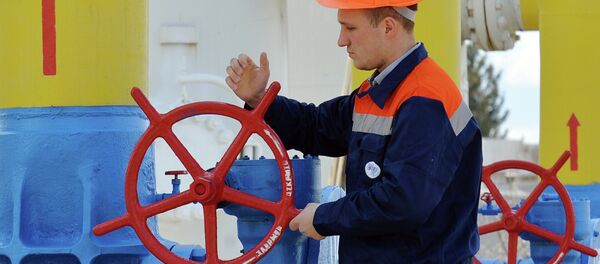The minister proudly explained that 70% of Ukraine's gas is now coming into the country from Europe via reverse transit, adding that it was "part of our strategy for diversification." What the minister did not mention was that most of Ukraine's European supplies actually consist of Russian gas, re-exported back to Ukraine, often at higher prices.
Commenting on Russia's measures to reduce dependence on Ukraine as a transit zone, Kobelev suggested that they are "politically motivated," adding that Moscow's failure to "defeat Ukraine using military methods in eastern Ukraine" have forced it to try to "do so with the help of economic methods. This is why they want to exclude us as a transit country. But this will cost Russia very dearly."
Leaving the minister's absurd comments about Russia's "military methods" aside, Kobelev's interviewer asked him what Ukraine stands to lose if it is deprived of its status as a transit country. The official's answer offers insight into the extent to which Kiev fears Nord Stream II.
The official also warned that "if the EU agrees to construction, it would be a fatal signal from Europe on its solidarity with us. Solidarity must be expressed not only when it comes to the issue of refugees, but on the gas issue as well."
Ultimately, Kobelev noted that if the Nord Stream project becomes a reality, Ukraine's "transit pipeline will collapse, from the economic point of view. If Nord Stream II becomes operational, it will be fatal for Ukraine's role as a transit country for Russian gas."
Essentially, economic losses aside, what Kobelev is saying, but doesn't seem to want to admit, is that the loss of Ukraine's energy transit trump card will deprive Kiev of its ability to pressure Moscow both politically and economically by threatening to turn off the tap to Europe.
The Nord Stream II natural gas pipeline, aimed at pumping 55 billion cubic meters of gas straight to Germany via the Baltic Sea, would double the capacity of the existing Nord Stream transit route, which went online in 2011. In September, Russian state energy giant Gazprom signed a shareholders agreement with Western European energy companies including Germany's E.ON, BASF/Wintershall, Royal Dutch Shell Group, Austria's OMV and France's Engie. Last week, Russian officials confirmed that pre-construction planning for the pipeline was proceeding on schedule, and that Russia now awaits the decision of the European Commission and German regulators.






